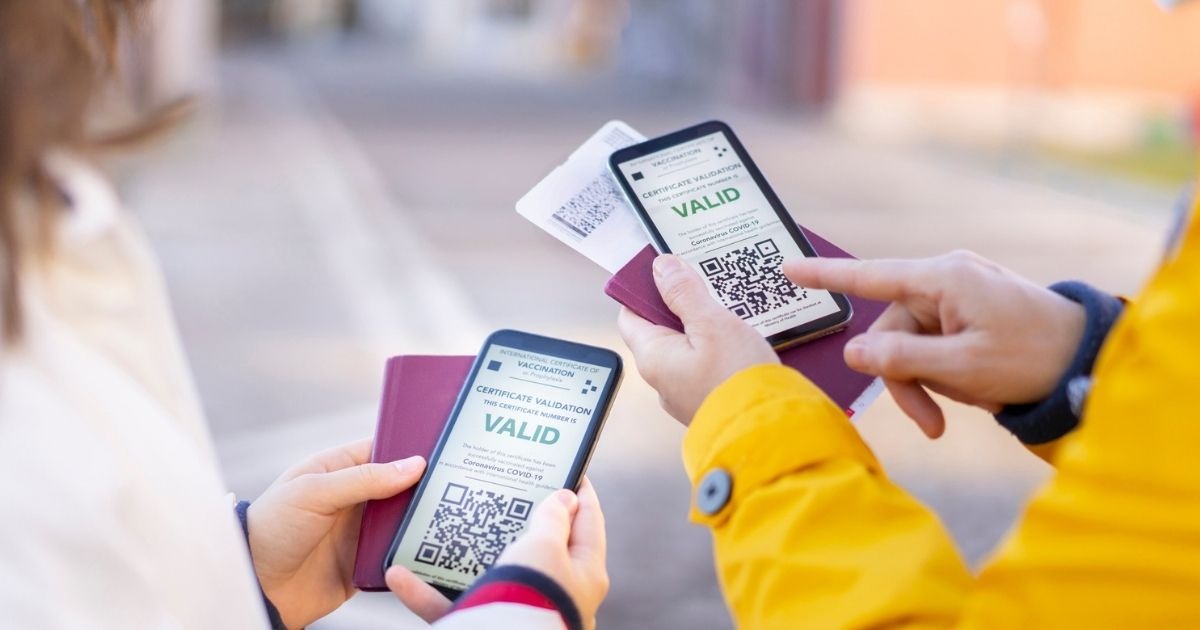In an era where technology continuously evolves to meet the demands of a rapidly changing world, the concept of digital health passports has emerged as a prominent topic of discussion. These digital tools, often in the form of mobile apps or QR codes, aim to streamline access to healthcare information, facilitate travel, and enable safe entry into various establishments. While they promise convenience and efficiency, they also raise significant privacy concerns. This article delves into the world of digital health passports, exploring their benefits, drawbacks, and the critical considerations surrounding their implementation.
Understanding Digital Health Passports
What Are Digital Health Passports?
Digital health passports, also known as health certificates or vaccine passports, are digital or paper-based documents that contain an individual’s health information relevant to a specific purpose. These documents can include vaccination records, test results, and other health-related data. They are designed to provide a quick and convenient way to verify a person’s health status, particularly regarding contagious diseases like COVID-19.
How Do They Work?
Digital health passports typically use secure and encrypted technology to store and display health data. Users can upload their information onto a mobile app or obtain a paper-based QR code after undergoing relevant health tests or receiving vaccinations. When required, individuals can present these passports for verification, allowing businesses, healthcare facilities, and governments to confirm their health status quickly.
The Pros of Digital Health Passports
1. Public Health Safety
One of the most significant advantages of digital health passports is their potential to enhance public health safety. By quickly verifying an individual’s vaccination status or recent test results, these passports can help control the spread of contagious diseases, such as COVID-19. They can facilitate safer travel and access to public spaces while minimizing the risk of transmission.
2. Streamlined Travel
Digital health passports can simplify the travel experience by reducing the need for extensive paperwork and lengthy verification processes at airports and border crossings. Travelers can present their digital passports, allowing for a more efficient and seamless journey.
3. Access to Services
These passports can grant access to various services and establishments, such as restaurants, theaters, and sporting events. For businesses, this can mean a quicker return to normal operations and increased revenue, as they can admit customers with confidence in their health status.
4. Data Accuracy
Digital health passports can ensure the accuracy and authenticity of health information, reducing the risk of fraudulent documentation. This can be particularly crucial when verifying vaccination status or test results.
The Cons and Privacy Concerns
1. Privacy Risks
The collection and storage of sensitive health data on digital platforms raise significant privacy concerns. Individuals may worry about the security of their personal information and the potential for data breaches or misuse by third parties.
2. Equity and Discrimination
Digital health passports could inadvertently create disparities and discrimination, as access to vaccines and testing may not be equitable for all individuals. Those who cannot access or afford these resources may face barriers to travel and entry to various establishments.
3. Implementation Challenges
The widespread adoption and implementation of digital health passports pose several challenges, including interoperability between different systems, standardization of data formats, and international recognition. Ensuring a seamless experience for users across borders is a complex task.
4. Ethical Concerns
The use of digital health passports raises ethical questions about the extent of government and private sector involvement in individuals’ health data. Striking a balance between public health measures and personal privacy is a delicate and ongoing debate.
Addressing Privacy Concerns
To mitigate privacy concerns while reaping the benefits of digital health passports, several measures can be taken:
1. Data Encryption
Implement strong encryption techniques to protect users’ health data from unauthorized access or breaches.
2. User Consent
Ensure that individuals have informed consent before collecting and using their health data, allowing them to control how their information is shared.
3. Data Minimization
Collect only the necessary data for the specific purpose of the health passport, minimizing the risk of overreach.
4. Transparency
Provide clear information on how data is collected, stored, and shared, fostering trust among users.
Conclusion
Digital health passports offer a promising technological solution to the challenges posed by contagious diseases, but they also present significant privacy concerns. Striking a balance between public health safety and personal privacy is essential for their successful implementation. With robust data security measures, informed consent, and a focus on equitable access, digital health passports can play a vital role in a post-pandemic world while preserving individual rights and freedoms. As we continue to navigate this evolving landscape, it is imperative that we remain vigilant and thoughtful in our approach to this powerful technology.



